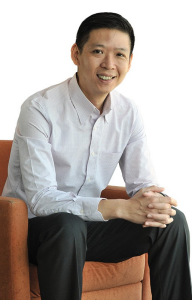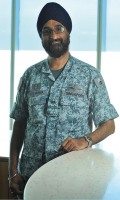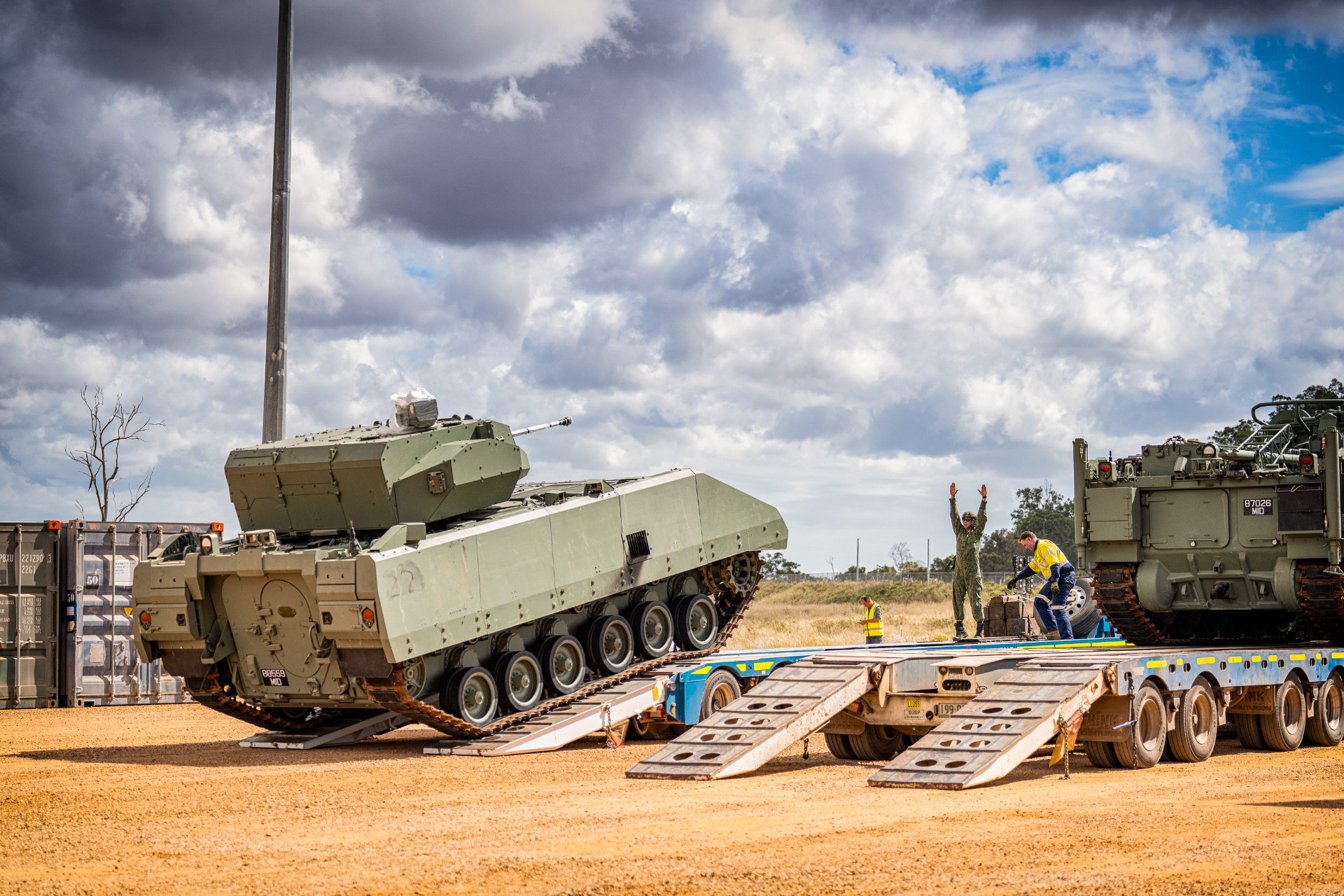OPS & TRAINING
HELPING SERVICEMEN SERVE
01 Apr 2014

Serving in the military is certainly no mean feat. And when the security of the nation is in one s hands, mental strength is as important as, if not more so than, physical fitness.
When the going gets tough, it is often helpful to talk it out with a trusted family or friend. But, even with the best of intentions, not everyone is able to fully comprehend the intricacies of military life.
To help the servicemen and women of the Singapore Armed Forces (SAF) cope with the challenges of their military roles, the counsellors of the SAF Counselling Centre (SCC) are always ready to lend a listening ear. In fact, the team at SCC provides professional counselling services not only to all members of the Ministry of Defence (MINDEF) and SAF, but also to their families.
Learning to live the military life
Unlike civilian counselling centres, the SCC comes under military mandate, and its primary purpose is to provide mental health care to ensure that servicemen are able to carry out their duties efficiently.
Of the types of cases the SCC sees, Mrs Marlene Koh, Head of Education and Prevention Services, noted that many were Full-time National Servicemen (NSFs) with adaptation issues. "Not everybody is used to dealing with authority. They all came in as students who only had to take care of their own studies."
She added: "The second, smaller group would be Regulars with career or family issues. A third group comprises families and soldiers affected by critical incidents that happened around them, for instance training incidents or a death in the family."
Servicemen in distress may seek help directly with the SCC through two channels: face-to-face sessions or the 24-hour SAF Counselling Hotline. On top of these, a Family Support Helpline is also available for the family members of soldiers deployed overseas who are in need of assistance.
Eyes and ears on the ground
To help junior and senior commanders to identify and assist men under their charge who are at risk of emotional distress, the SCC conducts regular workshops. In addition to basic counselling skills, stress management and suicide prevention are also taught at the workshops.
Ms Cheryl Chia, an SCC counsellor with 14 years of experience, explained that equipping commanders with these skills is essential because "they are the eyes and ears on the ground".
Another set of eyes that the SCC relies on to spot at-risk servicemen are the paracounsellors - Regulars who volunteer to help look after the mental welfare of servicemen at the unit level. To be appointed as paracounsellors, they have to go through a five-day course organised by the SCC that teaches basic counselling, suicide prevention and crisis management skills.
Military Expert (ME) 3-3 Sulinder Singh, a Logistics Warrant Officer, has been a paracounsellor in his unit, 201 Squadron (SQN), since 2010. And being a familiar face in the unit means that servicemen know what to expect when they confide in him - trustworthiness.
"I'm quite approachable, and they know that if they talk to me, it will be confidential."
Allaying fears
Besides assuaging doubts over client confidentiality, the counsellors and paracounsellors also dispelled the stigma of seeking help.
"(For) those who are in a position of command, it may be a 'face' issue," said SCC counsellor Lawrence Yap. "But so far, I've not encountered any clients (Regulars) who claimed that attending counselling affected their careers."
ME3-3 Singh echoed his sentiments: "Is there a stigma attached to people in the unit who see paracounsellors? No, not at all. They are not mentally ill, we just need to help them find the right way to organise their thoughts."
The counsellor is in
Help for a distressed soldier often begins with a visit to the Medical Officer (MO) with complaints of symptoms of stress. Said Ms Chia: "Usually they will say that they are unable to sleep or eat. When the MOs probe deeper and realise that the problem goes beyond a medical issue, they will refer them to us."
At the SCC, the soldier will be assigned a counsellor. Through the sessions, counsellor and soldier will work together to identify the problems and set goals towards overcoming them. The counsellor will also impart skills such as stress or anger management techniques.
When facing mental turmoil, a soldier may despair and lose his sense of self. One approach a counsellor may take is to remind him of his capabilities.
"Counselling is about instilling a sense of hope," said Mr Yap, who specialises in substance and drug addiction counselling. "Everyone has it in them to overcome a difficult situation. We just need to help them see that they are not as helpless as they think they are, and that the situation is not as hopeless as they think it is."
SCC counsellors also work with psychiatrists and psychologists from the Psychological Care Centre (PCC) at the SAF Medical Corps' Military Medicine Institute to provide all-round care to the soldier. PCC psychiatrists prescribe medication for conditions like depression while psychologists run tests to ascertain if a behavioural problem is linked to a learning or intellectual disability.
Helping others help themselves
With the ever-evolving social landscape, counsellors must stay up-to-date on new behavioural problems or addictions, such as social media addiction.
Mrs Koh also pointed out that there are now more cases of servicemen suffering anxieties about not performing well or meeting expectations, and that many expected others to solve their problems.
Mr Yap agreed: "To change, clients have to take personal responsibility for their actions."
Nonetheless, the counsellors take comfort in the knowledge that they are changing lives for the better.
Mrs Koh remembered a recruit who had attempted suicide after his girlfriend of four years ended their relationship and started seeing a friend of his behind his back. Mrs Koh helped him acknowledge his feelings of hurt and disappointment, and taught him constructive ways of managing his anger.
The recruit started to improve his relationship with his family and make new friends in his unit. Nine months later, he was finally able to move on from the break-up.
Ms Chia also recounted a recent case: "I had a client who wanted to kill himself. But after working with his unit and the psychiatrist, just before his ORD (Operationally Ready Date) he said, 'You gave me hope. Even though life ahead will be challenging, at least I know now that there are people who care, and that there is more to life than thinking about hurting myself.'"
She added: "He even baked us cupcakes as a 'thank you'. It's the little things like these (that let me know I've made a difference)."
"Every case leaves an impact on me. It makes me reflect about life and society and how I can bring up my children. As much as I try to guide my clients, they also teach me about life."
- Ms Chia, on the close relationship that counsellors and their clients share. She has two young children, aged 8 and 5.
"As a paracounsellor, it's good if you're senior in rank and have a certain maturity in age because, with your life experiences, you can understand and render better service in helping others cope with their challenges."
- ME3-3 Singh, 52, a paracounsellor in 201 SQN since 2010, has 25 years of counselling experience working with the Singapore Anti-Narcotics Association and the Singapore Changi Prison
"Our end goal is to have better-performing soldiers who can adapt better to the military environment and are operationally-ready."
- Mrs Koh, on the mandate of the SCC
If you are in need of help, or know someone who needs help, please call the following 24-hour hotline:
SAF Counselling Hotline
1800 278 0022
If you are interested in volunteering to be a paracounsellor, call the following number for more information:
6373 1066
ALSO READ IN OPS & TRAINING
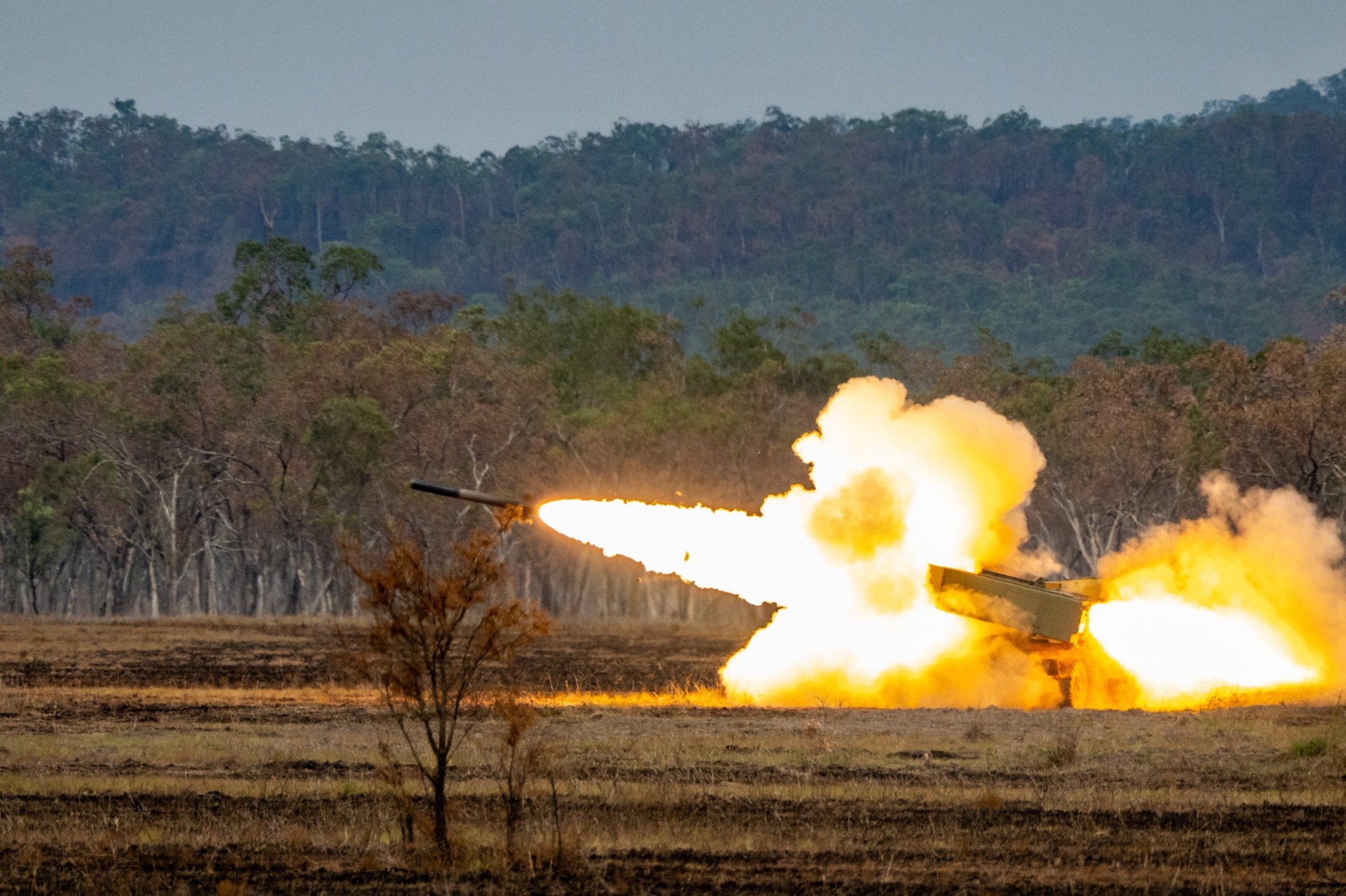
Exercise Wallaby 2025: To see better, shoot faster
31 Oct 2025
The SAF focuses on complex strike missions and multi-domain integration in Exercise Wallaby 2025, the 35th edition of its largest unilateral overseas exercise.
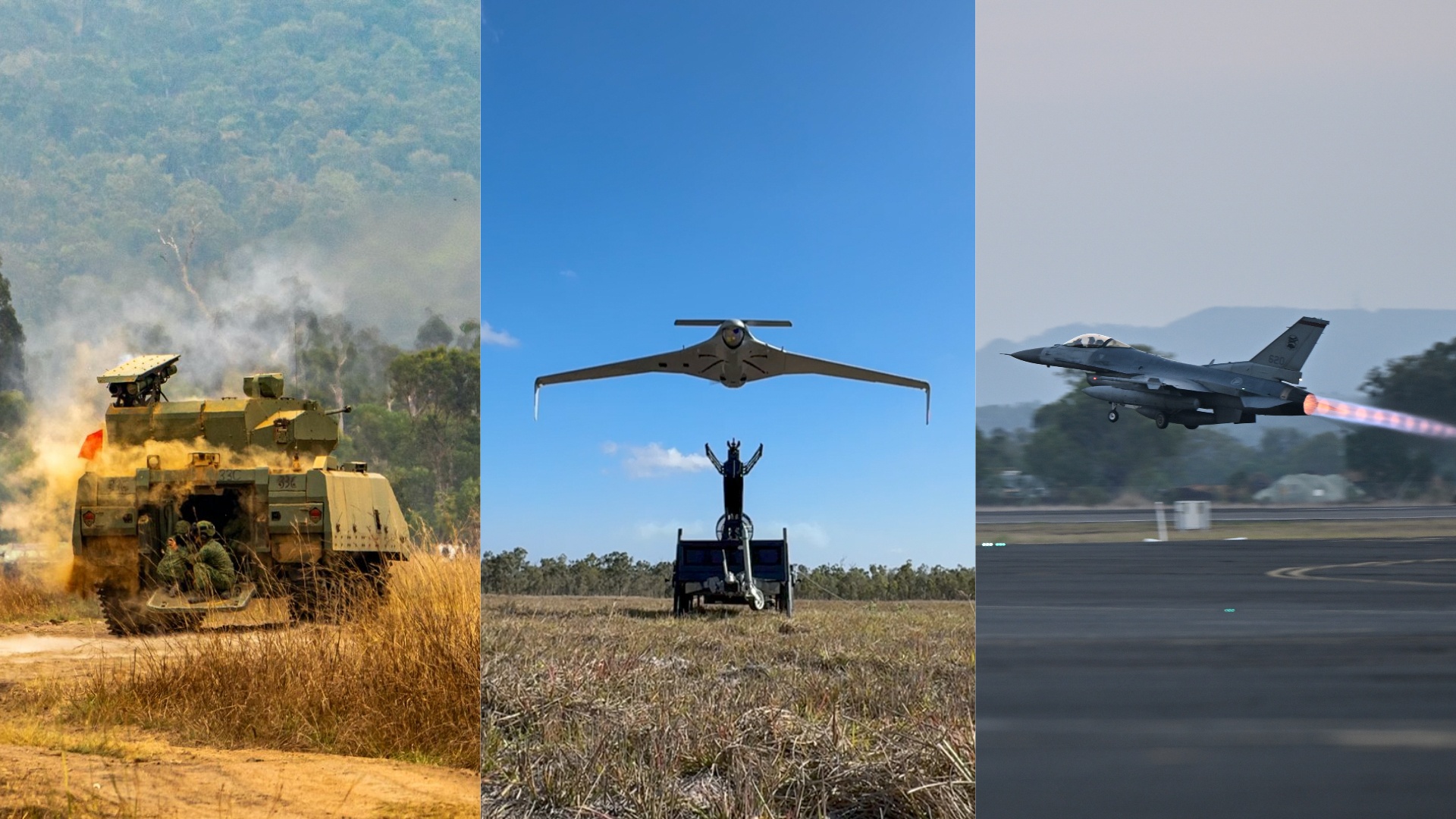
Ex Wallaby 25 – Greater Integration and Complexity
25 Oct 2025
The 35th edition of the SAF’s largest unilateral overseas exercise is an opportunity for expanded scale and deeper integration towards an effective, networked fighting force.

Ex Forging Sabre ramps up use of unmanned assets in integrated strike operations
12 Sep 2025
In this 10th edition of Exercise Forging Sabre, the SAF sharpened its cutting edge for the dynamic modern battlefield, with expanded integration between manned and unmanned platforms.


